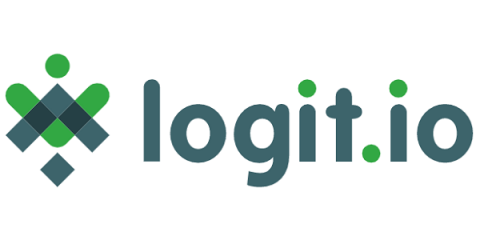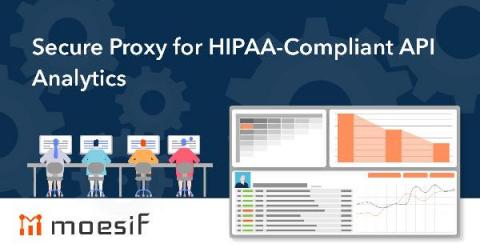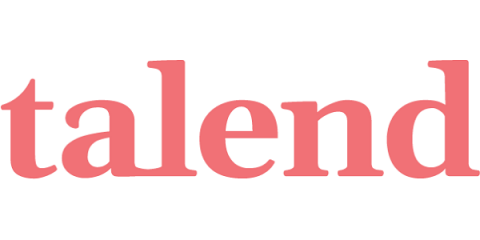Four Industries That Will Be Disrupted by AI in 2021
With the never-ending potential of technology to disrupt everyday processes, more and more industries are deciding to adapt to one exciting area of innovation today: artificial intelligence (AI). In fact, Global Industry Analysts Inc. predicts that AI will be worth 164.03 billion GBP by 2026, and here, we look at four industries set to be disrupted by AI. Since the healthcare sector collects and greatly depends on personal data from their patients, AI will play a crucial role in data management.







